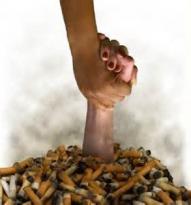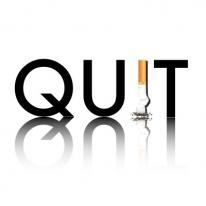At Yale, we care about your health and well-being.
That is why the university has committed to becoming a Tobacco Free campus. Leading the charge among its Ivy peers, the Tobacco Free Yale initiative will focus its efforts on improving the health and environment of our overall community.
Tobacco Free Yale takes a holistic approach to supporting Yale students, faculty and staff by offering various programs and resources geared towards helping you and your loved ones quit tobacco.
Celebrate our employee quit stories!
For faculty, staff and their dependents the Tobacco Free Yale initiative offers:


